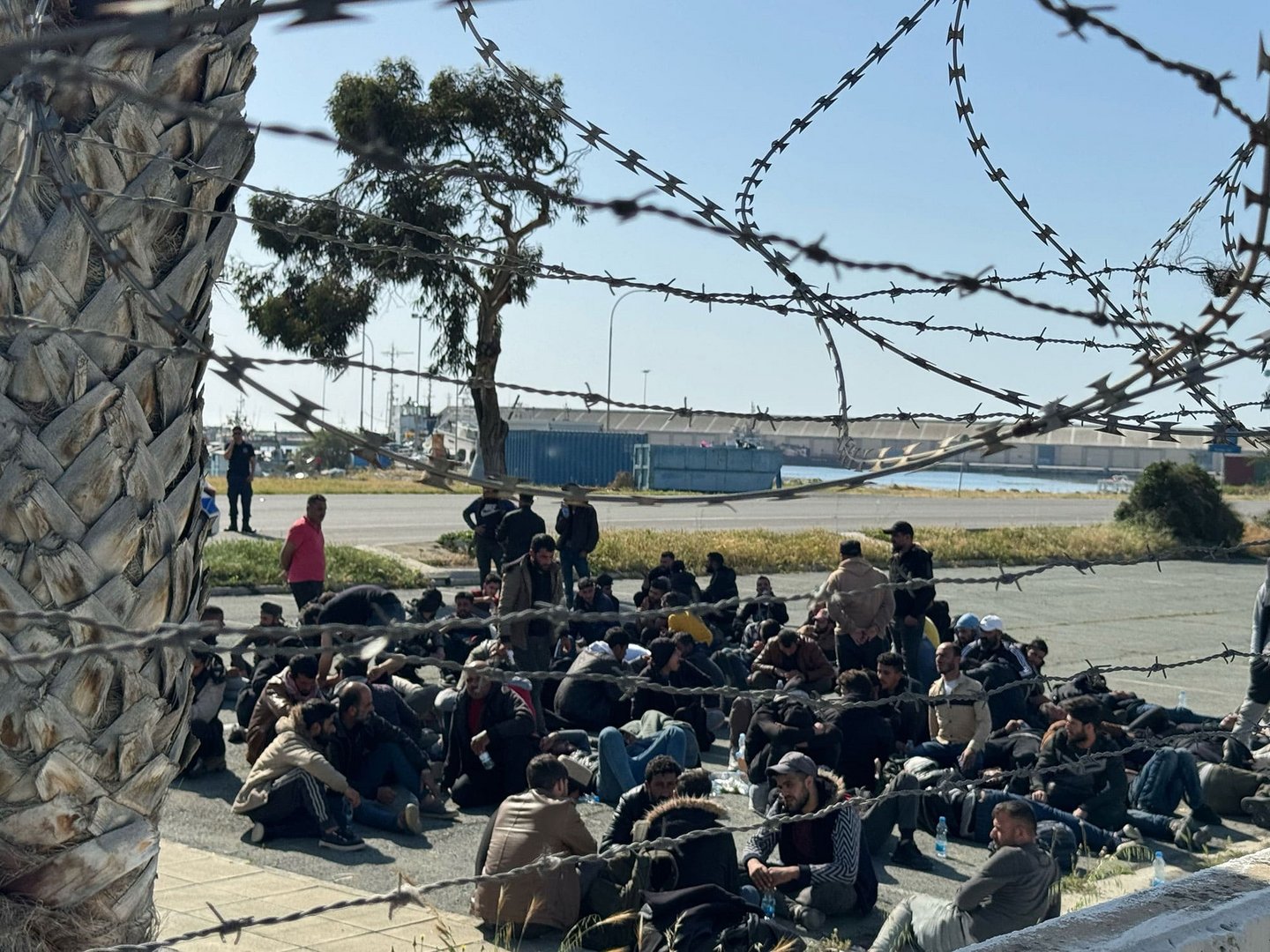Cyprus has repatriated a total of 4,491 migrants who were staying in Cyprus without residence documents so far this year, the police said on Friday.
This figure is more than 1,000 more than the number of repatriations made in the first five months of last year, which stood at 3,489.
The migrants have been repatriated to their countries of origin as part of a joint operation of the Cypriot and Greek authorities, under the coordination of the European Border and Coast Guard Agency (Frontex).
The police added that most recent repatriation flight left the island on Tuesday, and that their efforts to “maximise the number of repatriations” are continuing.
The figures are in line with statements made by European Commission Vice President Margaritis Schinas in March.
He described Cyprus as an “emerging European champion of returns” of migrants during a visit to the island and added that the issue of migration “takes an additional dimension in a country like Cyprus.”
“Here, everything is more demanding, more complex, more difficult,” he said, adding that the European Union’s support for Cyprus on the matter “was, is, and will remain non-negotiable.”
He added that “as a result of the very serious work that is being done in Cyprus … I think we can say, while avoiding triumphalism, that Cyprus has reached the end of the tunnel. In other words, immigration management is on a much more stable footing.”
Interior Minister Constantinos Ioannou in April attributed the increased figures to the government deepening its cooperation with Frontex, better informing migrants about Cyprus’ voluntary return programme, and utilising the European Union’s solidarity mechanism to relocate migrants to other member states.
He pointed out that these figures show Cyprus to have the highest number of migrant returns per head of any EU member state.
In addition, the number of irregular migrant arrivals in Cyprus has fallen so far during the month of May, according to newspaper Phileleftheros.
They reported that despite Hezbollah leader Hassan Nasrallah’s call for Lebanon to “open the sea” for Syrian migrants to make their way to Cyprus, only 202 irregular migrants arrived on the island in the first 20 days of the month.
A total of 75 of them were Syrian nationals, of whom 10 took the government’s option of voluntarily returning to their country of origin.
Despite the increased number of returns and now a reduced number of arrivals, however, Ioannou insisted during Schinas’ visit to Cyprus that the island is “under suffocating pressure” from the “large numbers of Syrians arriving”.
He added that Cyprus is in an “unfavourable position” due to the “mass arrival of Syrian nationals via sea routes.”
With this in mind, Cyprus has in the opening months of the year been campaigning for Syria to be declared a safe country to which migrants can be returned.
This campaign culminated in an inter-ministerial meeting between Ioannou and representatives of seven other EU member states – Austria, the Czech Republic, Denmark, Greece, Italy, Malta, and Poland – on the issue of migration and the state of Syria on May 17.
The eight countries agreed that while they “fully accept the necessity to offer support to those in need” and that “it is indisputable that when the war broke out in 2011 and in the following years of harsh military actions, the fleeing Syrian population was rightfully granted international protection,” things since then have changed.
They said, “13 years later, while it is recognised that full political stability has not been achieved, the situation in Syria has evolved significantly.”
They added that Friday’s meeting therefore “constitutes an important step forward in the ongoing assessment of the situation in Syria and may lead to a wider discussion on case-handling and decision-making practice regarding the provision of asylum to persons arriving from Syria.”
Cypriot President Nikos Christodoulides has pushed much harder on the issue in recent weeks, telling the Editor Network Germany (RND) last month that “we are not in a position to take any more Syrian refugees. We are at our limit and can no longer cope with this flow of refugees.”
With this in mind, he made it clear that what was once a suggestion regarding Syria’s status is now a point of principle for his government, saying “we expressly demand that certain areas in Syria be classified as safe regions.”







Click here to change your cookie preferences